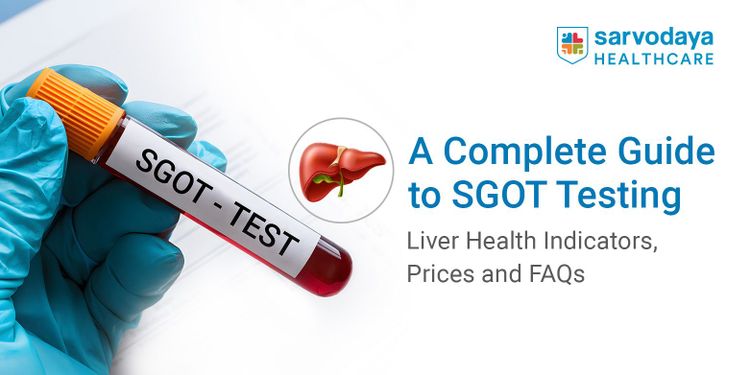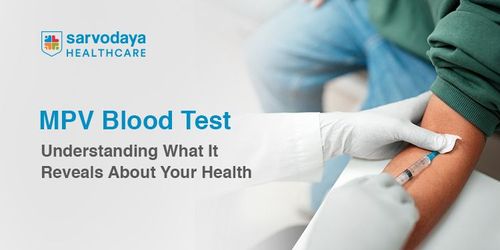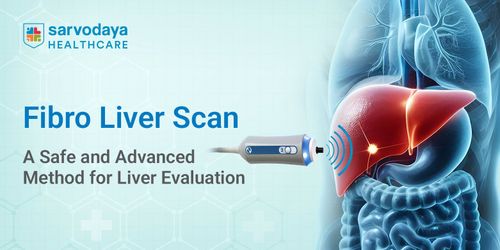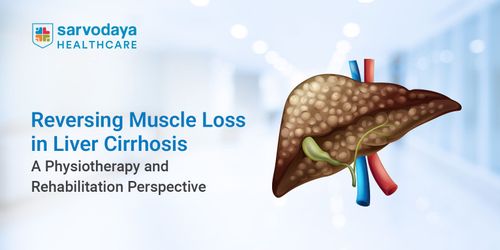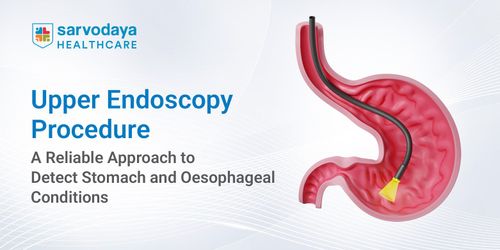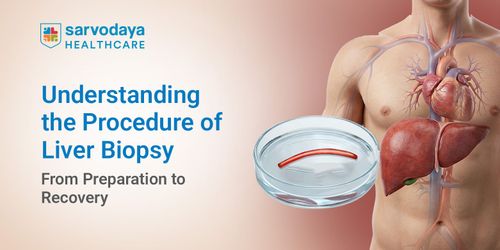Persistent fatigue, digestive discomfort, or unexplained weakness often lead people to undergo basic health screening, where abnormal liver enzyme levels may be the first sign that something is not functioning as it should. Among these enzymes, the SGOT test plays a vital role in helping identify early liver stress and tissue injury.
In this blog, we explore the meaning of the SGOT test, understand the SGOT full form in medical terms, discuss the SGOT test price, and describe how it helps assess liver and muscle function.
What is SGOT test?
The SGOT test measures the level of the enzyme aspartate aminotransferase (AST) in the blood. This enzyme is naturally present in the liver, heart, kidneys, muscles and other tissues. The SGOT full form in medical terminology is Serum Glutamic Oxaloacetic Transaminase. When these organs undergo stress, inflammation or damage, AST leaks into the bloodstream, causing elevated levels.
The SGOT test’s meaning is therefore simple to understand. It is a diagnostic blood test that helps doctors identify potential liver injury, muscle damage, or conditions that affect the heart and other major organs. Since the enzyme is not limited to the liver alone, the SGOT test for the liver is usually assessed alongside the SGPT test to understand whether the rise is liver-specific or linked to other causes.
SGOT Normal Range Table
| SGOT (AST) Level | Value Range (U/L) | What It Indicates |
|---|---|---|
| Low SGOT | Below 10 U/L | May be linked to vitamin B6 deficiency or chronic kidney disease |
| Normal SGOT | 10 – 40 U/L | Healthy liver and muscle function |
| Mildly High SGOT | 41 – 100 U/L | Fatty liver, mild liver inflammation, alcohol intake |
| Moderately High SGOT | 101 – 300 U/L | Hepatitis, liver injury, muscle damage |
| Very High SGOT | Above 300 U/L | Severe liver damage, acute hepatitis, liver failure |
Purpose of the SGOT Test
The SGOT test is commonly recommended when individuals show symptoms that may suggest underlying liver stress or inflammation. Doctors rely on this test because the SGOT test for the liver provides critical insight into whether liver cells are damaged or inflamed, allowing early intervention before the condition becomes severe.
People are often advised to undergo the SGOT test if they experience:
- Persistent fatigue or weakness
- Unexplained nausea or vomiting
- Loss of appetite or weight
- Pain or discomfort in the upper abdomen
- Yellowing of the skin or eyes
- Dark urine or pale stools
In addition to liver conditions, the SGOT test in Hindi extends to diagnosing disorders related to the heart and muscles, since AST is also present in these tissues.
Read More about this also- MPV Blood Test-Understanding What It Reveals About Your Health
SGOT Test Procedure
The SGOT test procedure is simple, quick and painless, making it suitable for routine screenings and follow-up evaluations. A small blood sample is taken from a vein in the arm. The collected sample is then analysed in a laboratory to determine the level of AST present in the bloodstream.
However, doctors may recommend certain guidelines to improve accuracy:
- Avoid intense exercise 24 hours before the test.
- Inform the doctor of all ongoing medications
- Refrain from alcohol consumption for a short period before testing.
- Follow fasting instructions if combined with other tests
Causes of High SGOT Levels
The SGOT-elevated causes can be grouped into liver-related and non-liver-related conditions, and identifying the root cause is key to planning appropriate treatment.
Common liver-related causes include:
- Viral infections cause hepatitis.
- Alcohol-related liver inflammation
- Non-alcoholic fatty liver disease
- Liver cirrhosis
- Drug-induced liver injury from long-term medication use
- Blockage of the bile ducts
- Non-liver-related causes may include:
- Muscle injuries from strenuous exercise or trauma
- Heart conditions such as myocarditis or a recent heart attack
- Thyroid disorders
- Pancreatitis
- Certain infections or metabolic conditions
Dangerously High SGOT Levels
A considerably high result on the SGOT test may indicate serious organ damage and requires prompt medical evaluation. When doctors assess severity, they consider not only the number itself but also the patient’s symptoms, underlying conditions and other enzyme readings.
An SGOT blood test result becomes particularly concerning when the level crosses several hundred units per litre. This may suggest acute liver inflammation, toxin-related liver injury or severe muscle breakdown.
Treatment for High SGOT Levels
Managing high SGOT requires identifying and treating the underlying cause rather than simply lowering the enzyme value. Mild cases may resolve with rest and lifestyle modifications, while more serious conditions need structured medical care.
Here are practical steps that commonly support recovery and help lower SGOT:
- Avoid alcohol completely until advised otherwise
- Maintain a balanced diet rich in antioxidants
- Stay well hydrated.
- Limit strenuous exercise temporarily
- Monitor liver function regularly
- Review ongoing medications with a doctor
Preventive Tips for Maintaining Healthy SGOT Levels
Keeping the SGOT test within a healthy range begins with adopting habits that support the liver and overall metabolic balance. These measures help reduce the risk of enzyme fluctuations and prevent the progression of underlying liver conditions.
Here are practical and achievable tips for maintaining healthy SGOT levels:
- Limit or avoid alcohol, especially if previous readings were elevated
- Maintain a balanced diet rich in fruits, vegetables and whole grains.
- Reduce intake of fried, high-fat and processed foods.
- Exercise regularly, but avoid excessive strain if recovering from muscle injury.
- Drink adequate water throughout the day
- Maintain a healthy body weight
- Avoid self-medication and consult a doctor before taking new supplements.
- Undergo routine screenings, including the SGOT test, if you have risk factors
Conclusion
Understanding the significance of the SGOT test is essential for protecting long-term liver function and overall well-being. Early diagnosis ensures better outcomes, faster recovery and greater confidence in managing health.
Sarvodaya Hospital, Faridabad, offers comprehensive diagnostic facilities, expert guidance and advanced treatment options for all liver-related concerns. With experienced specialists, modern technology and patient-centred care, the hospital supports individuals at every stage, from early screening to tailored treatment plans. Whether dealing with a high SGOT blood test result or looking for a preventive evaluation, a consultation at Sarvodaya Hospital helps ensure that liver health is monitored with precision and care.
To take the next step towards better well-being, it is advisable to book an appointment now.


